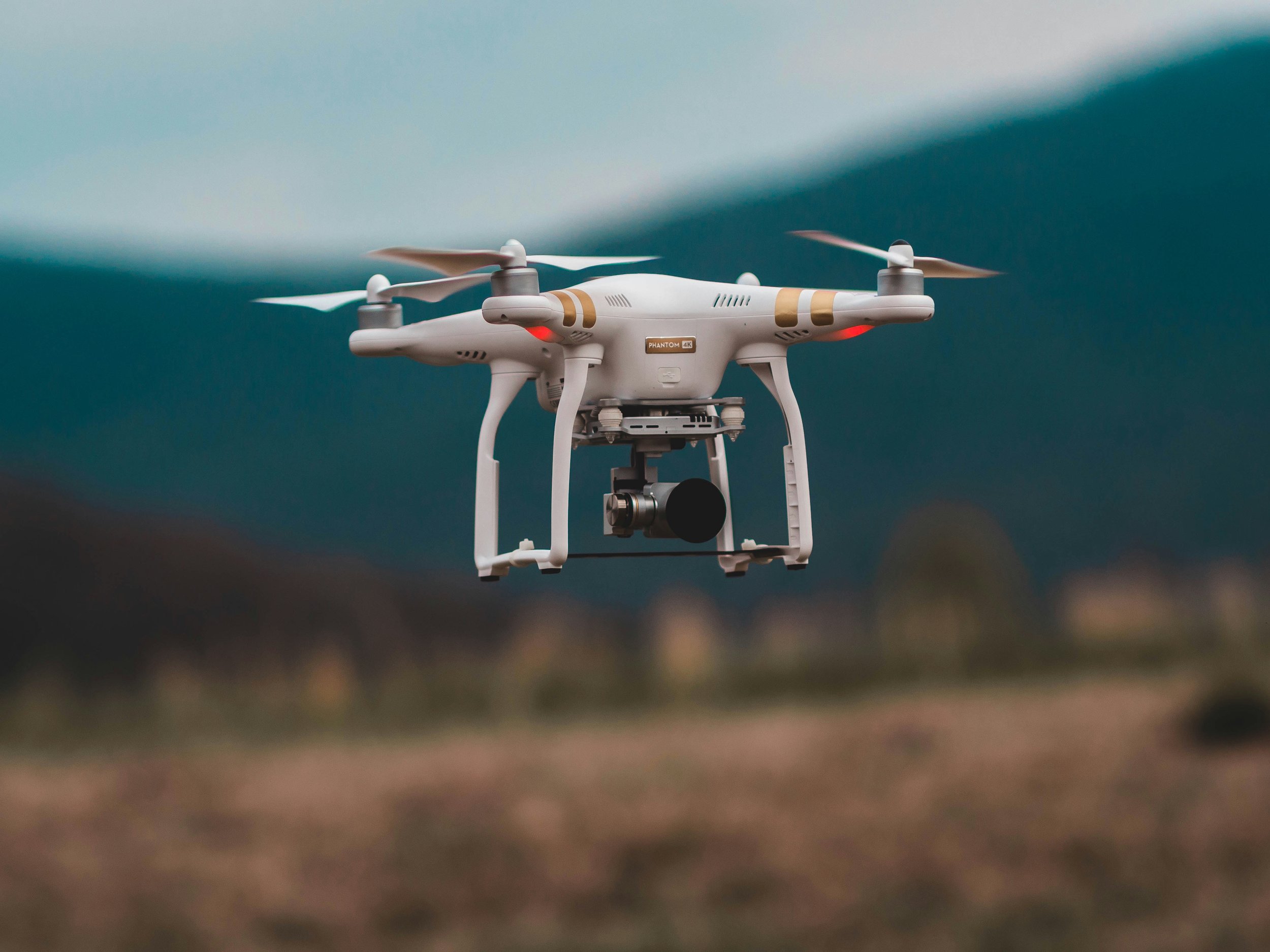Innovation at Tech Square: From High School Grad to Tech Entrepreneur
David Han, a recent high school graduate, was not sure what to expect when he first landed in the TSQ Clubhouse for an entrepreneur event and startup exchange that was happening a few months ago. He soon found out that startup exchanges, demo days, and networking events at Tech Square are great ways for entrepreneurs and young startups to network, meet possible investors, and discover new ideas.
“Tech Square has been a valuable resource for me, offering me opportunities that I probably would not have had anywhere else. I’ve met new friends, other founders, and new contacts that have helped me network with the right people. Being near Georgia Tech, it has been a great hub for connecting, especially with engineering students who I am looking to work more closely with soon. I have met more hands-on technical individuals at Tech Square who work with hardware more than in any other hub.”
A Young Innovator in Defense Tech
Han is the founder of Canine Defense Technologies, a startup he founded around a year ago, but which has only been operational since 2024. Canine Defense Technologies operates as a defense startup specializing in stealth drones designed for military applications. Despite being a young company, Canine Defense Technologies has quickly gained traction in the defense sector and has even secured collaborations with members of the Department of Defense.
Han fully funded Canine Defense Technologies himself, initially investing by working as a subcontractor for other defense startups. (image: David Han)
David’s journey into the tech and defense industry began at a young age with a passion for rocketry and an early dream of working at Space-X. His enthusiasm for aerospace and technology eventually led him to build drones as a hobby in early high school. During this time, he challenged himself by taking commercial off-the-shelf drones and creating small tactical systems out of them. By his senior year, he had already been contacted by members of the Department of Defense, US Army, and US Navy. This eventually led to the creation of Canine Defense Technologies and Han’s involvement with events in Tech Square.
Aiming to Level the Drone Market
Chinese drones like this Phantom 3 4K by DJI dominate the global drone market. (image: Jared Brashier/Unsplash)
A significant challenge in the drone market is the dominance of Chinese-manufactured drones, which constitute between 70 and 90 percent of drones in use in the US. Han discovered through his work with the Department of Defense that Chinese drones are even favored by US soldiers and commanders. This preference is due to their affordability and superior user experience. However, due to US-China relations and laws like the American Security Drone Act of 2023, which bans the federal government from procuring or using drones manufactured by Chinese companies or entities subject to Chinese influence or control, US agencies cannot use Chinese drones.
The higher cost per unit of American drones increases liability, as drones are often considered expendable in military operations. This is where startups like Canine Defense Technologies come in; they focus on the research and development of drones with a lower per-unit cost and higher user experience, thereby lowering liability and market value. With six different drones in development and two of them having been made public, Han has this to say about their core product, the Valor sUAS:
“The emphasis of stealth is quite the distinction from other drones of its class, with its compact form factor and quieter propeller that eliminate the distinctive buzz most drones in flight make. Valor can fold up and fit inside a backpack, be deployed in a matter of minutes, and provide multi-mission operations. But Valor is what I call a ‘true end user and software-defined’ platform. Iterating on the topics of economics and end-user ability, because of how highly modular Valor is, end users prescribe to us what they exactly want out of the drone, and we can ship them that exact feature set with immediate modification right on the assembly line. This keeps costs extremely low by allowing unnecessary features to be stripped out while providing the ability to add them later with add-on modules. The module interface will be open source, opening the market for any third-party payload companies to build on top of Valor. The point of drones is for them to be an expendable platform, and with Valor’s low cost, it meets this requirement perfectly while offering advanced capabilities.”
The Valor sUAS and DragonDrone are Canine Defense Technologies’ two public developments to date. (images: David Han)
Apex Accelerator Program Assists Businesses Win Government Contracts
While David Han’s startup was self-funded, there are opportunities in Tech Square for entrepreneurs to win government contracts and funding for their businesses and startups. One such example is the GT APEX Accelerator, which is a member program of the Enterprise Innovation Institute, Georgia Tech’s economic development arm. GT APEX Accelerator assists Georgia-based businesses get procurement-ready so that they can identify, compete for, and win government contracts at no cost to them. Many of GT APEX Accelerator clients are eligible for additional services and resources from its sister programs in the Enterprise Innovation Institute such as GaMEP, ATDC, and the Georgia MBDA Business Center.





